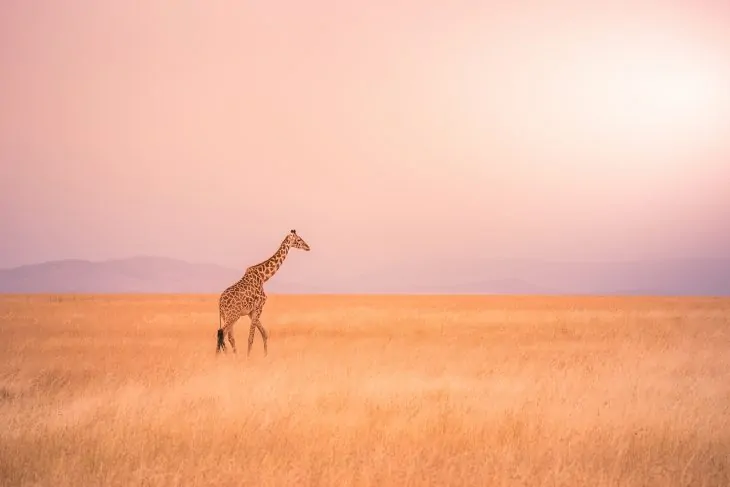
Animals are unique creatures that are more than just our companions in this world. Know more about their habitats, traits, diet, and peculiar skills through these animal facts.
Quick Facts
Essential Facts
Interesting Facts
- Animal waste is 30 times greater than human waste, generating around 1.4 billion tons yearly.
- Reindeer milk contains more fat content than cow milk.
- Zoophobia refers to the fear of animals.
- Rodent teeth grow continuously.
- Humans share 98.4% DNA with chimps.
- Ostriches are faster runners than horses; male ostriches roar like lions.
- Aside from human females, elephants and humpback whales are the only mammals who menopause.
- A kangaroo with a lifted tail could not hop as it is essential for balance.
- You can flee a crocodile jaw grip by pushing your thumb into its eyeballs.
- Newborn horses can walk and run within a few hours of being born.
- The head of a garden caterpillar contains 248 muscles.
- A woodpecker has a pecking speed of 20 times/second.
- Alcohol makes a scorpion crazy to the point of stinging itself to death, even with a small amount.
- Tigers have stripes as humans have thumbmarks which serve as their identification.
- Humans can detect a skunk’s smell by a mile.
- Alaska bans ear-whispering during moose hunting.
- Tarantula spiders can last over 2 years without food.
- A snail can grow a new eye when it is cut.
- The humming of houseflies is in the F key.
- The ability to recognize landmarks helps birds in navigating.
Table of Contents
Was this page helpful?
Our commitment to delivering trustworthy and engaging content is at the heart of what we do. Each fact on our site is contributed by real users like you, bringing a wealth of diverse insights and information. To ensure the highest standards of accuracy and reliability, our dedicated editors meticulously review each submission. This process guarantees that the facts we share are not only fascinating but also credible. Trust in our commitment to quality and authenticity as you explore and learn with us.
